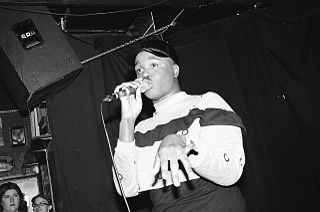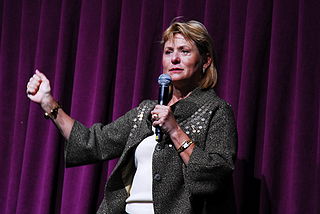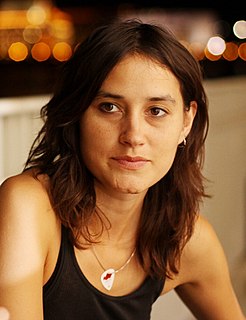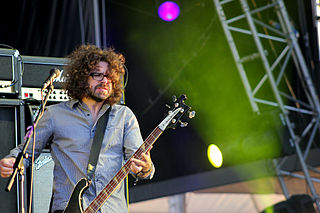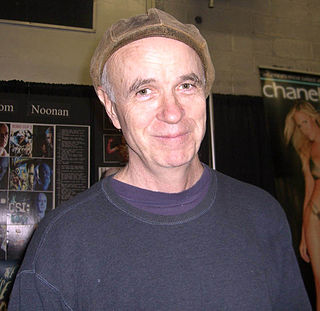A Quote by Cakes da killa
I think when I dropped The Eulogy is when it became more [about] feedback because that's when Pitchfork wanted to review it and things like that.
Related Quotes
I started blogging because I didn't know if I wanted to be an artist. I wanted to talk to other people online who were doing art, so I would post work and ask for feedback. I loved that an artist like James Jean would show his process on his blog. It became this open dialogue that, unfortunately, we don't have a lot in the fine-art world. People will say, "Wow, you share a lot." I'm like, "No, I make it a point to." Instagram is a great place for people to share failure. I don't want people to think that being an artist is some glamorous life.
It's very hard, I think, for critics to write positive reviews, because there's not that much to say about something you like. You can kind of say 'I really like that band' and then if you're forced to fill up the rest of an article, you've got to start saying heady things. It's much easier to say negative things in a review.
I think sometimes when people get older they start to limit themselves and think that if they wanted to start singing or they wanted to start playing guitar or if they wanted to, I don't know...become an archeologist - whatever it is, they think they just can't do it anymore because they've hit a certain age and I just think that's like putting yourself in jail. I realised a couple of years ago that the more that I did and made things and created things that I could love; it helped me to realise that I was actually loving myself and what came out of me.
What I like about the internet, what I see there is that its much more democratic. I have much more control, and if what I write is liked by the public, I have immediate feedback. There are so many things I want to say - about events in the news, politics, the gamesmanship and manipulations I read about, thoughts that occur to me about the power game, advice, on and on.
When all actions are used for feedback, the consequence of making mistakes will be a corrective and appropriate response, because everything everybody does matters. ... The more selective you are in the feedback you accept, the more insane your reasoning will become as you will necessarily reject corrective feedback that would have led to better reasoning.
. . . the whole idea of WHAT HAPPENED WAS.... is not about dating. It is more about people who are not committed to who they are or are indifferent about their life in general, which is how I felt about myself when I wrote it. I had turned 40 and I was unhappy and I wanted to write about that. Dating just became the framework. . . . I like all those fringy, weird, nonverbal, quiet, tiny little things, those powerful interchanges between people, things that go unsaid, that people know are happening all the time but nobody wants to talk about. That's what I want to make movies about.
Reviews are all bullshit, because they always change. When House of 1000 Corpses came out, all the reviews were awful. It was impossible to find a review better than "The worst movie ever made." And now I'll see more-modern magazines, and sometimes they'll re-review things, and I'll read this great review for it. It's the same thing with White Zombie! People talk about "Oh, White Zombie, these classic records. Why don't you do them now?" Everyone hated those records when they came out! The reviews were terrible.
